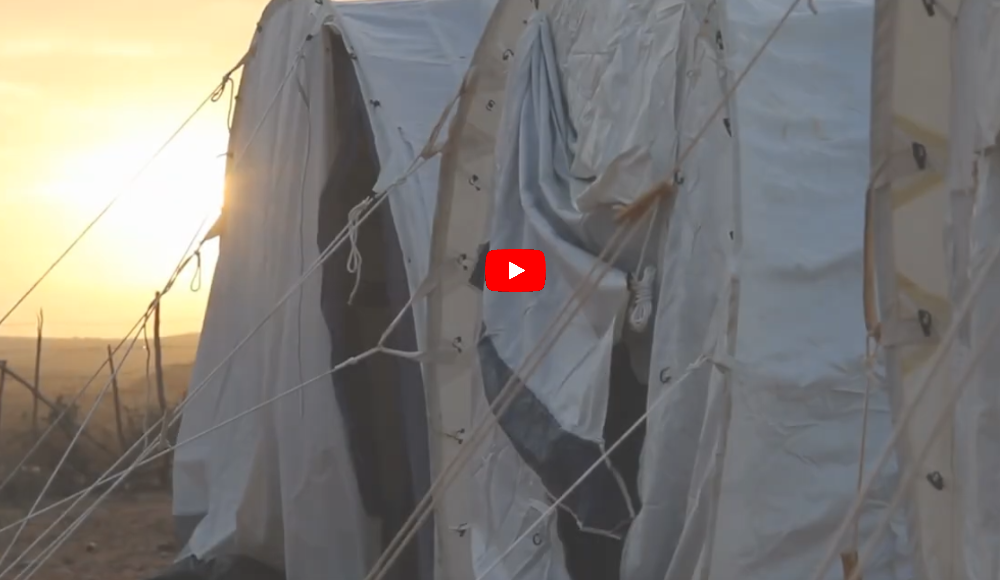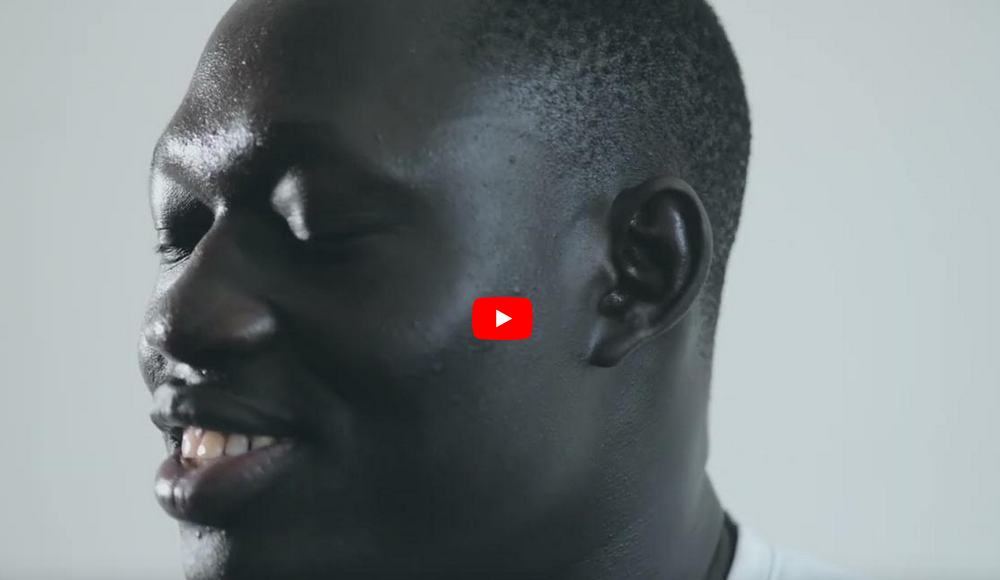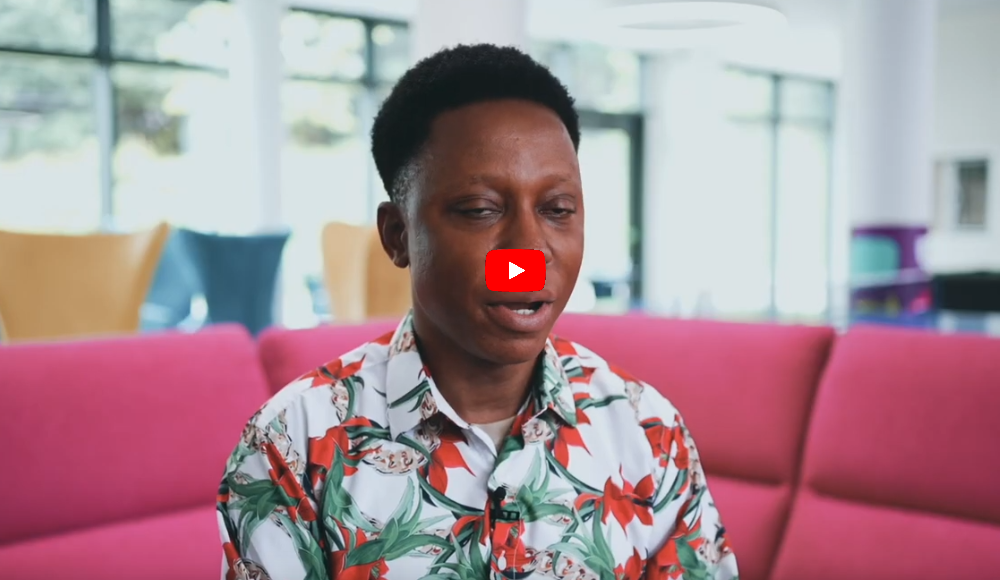What We Do
- Project partner meetings (kick-off, midterm and closing meeting bringing together all national and transnational partners).
- Monitoring, reporting and evaluation activities.
- Monthly coordination calls of project partners.
- Mapping of existing opportunities, programs and practices at the global level to explore their potential in the EU context.
- Evaluation of the UNI.CO.RE. program in Italy.
- National policy design and capacity building sessions to identify key legislative and non-legislative opportunities at the national and EU level. The sessions (5 per country) will follow the GRSI methodology and involve all relevant stakeholders in each context. A policy brief will be produced for each of the three project countries after the sessions.
- Advisory Board to provide strategic guidance and address potential program bottlenecks.
- Toolkit on innovative financing solutions to ensure the sustainability and scalability of pathways.
- Identification, referral and matching working group to promote research and good practice exchange between relevant partners in first countries of asylum. This group will draft a report analyzing and comparing different identification, referral and matching approaches, and organize a technical session in Kenya, as well as a ‘look and learn’ visit to Jordan.
- Materials for community training and sensitization that can be used in other countries, including a video series with four different stories of successful integration; a common set of supporting training materials; a community engagement portal; and a guidebook for universities and businesses to raise awareness among stakeholders involved in sponsorship.
- Sensitization and training sessions aimed at enabling relevant actors to understand and support refugees’ integration. Trainings of sponsoring communities and local leaders will be conducted by national partners using the above-mentioned materials.
- National stakeholder roundtables on complementary pathways in Belgium, Ireland and Italy.
- Support to host communities through agreements between national actors and local communities, as well as local MoUs.
- Support to universities to establish education pathways through, inter alia, an extension of the existing UNI.CO.RE. platform, as well as guidance on issues such as pre-enrolment, visa applications, and orientation upon arrival.
- Support to businesses to establish labour pathways through, inter alia, development of pre-departure procedures, matching processes, and a support plan to address the specific needs of each refugee.
- Activities to facilitate refugees’ integration, including material, legal and psychosocial support, language classes, cultural mediation, engagement in local life, and territorial orientation.
- National multi-stakeholder working group on complementary pathways that will meet regularly and facilitate effective program implementation by ensuring coordination and clear definition of roles and responsibilities.
- Pre-departure professional and vocational trainings, to be piloted in Jordan prior to the selection of potential beneficiaries for labor pathways to Italy, focusing on the skills needed in sectors in high demand in the Italian labour market.
- At least three roundtables or conferences in European countries interested in complementary pathways (e.g. Spain, Portugal and Bulgaria), targeted primarily at relevant national stakeholders, in particular businesses and universities.
- Webinars with relevant players in Canada, the UK and other countries, focusing on challenges and opportunities in these national contexts.
- International event on complementary pathways at the margins of a UN meeting to present project results, lessons learned and good practices, along with a conference at the European Parliament.
- Three videos focusing on labour pathways, education pathways, and project results.
- Three field visits to share practical experiences among partners.








